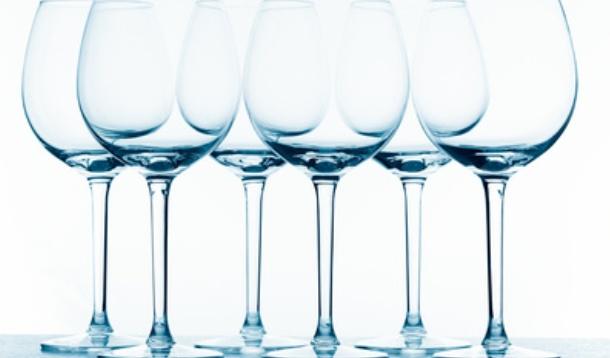
Maybe if it had been Christmas Eve or my birthday, I would have been more devastated, but even I couldn’t help but wonder if the universe had a cruel sense of humour when St. Patrick’s Day rolled around in 2011 and I was in rehab. Government rehab, to be exact. Meditating my way to inner peace beside B-list celebrities was, thanks to TMZ, what I’d always imagined rehab to be like, but my treatment centre had no spa-like frills or rich and famous “clients” to give the illusion that I was merely at a retreat.
I was shocked—despaired, even—when councillors informed me that my plan to take a much needed break from drinking wasn’t enough. Abstinence was the only recovery strategy they believed in. I suddenly felt like I’d been given a life sentence that was unjust. My motivations for getting help were blurred. I knew my drinking and prescription sedative use had gotten out of hand, but if I hadn’t physically unravelled and put my job at risk and my family at unease, I might not have agreed to what I had originally thought was just a 30-day act of repentance.
I was 31, with a drinking history that only began in my post-university mid-20s. Maybe I was having my wild phase now—a true late bloomer. Would everyone hold me to being sober forever? Would I have to move cities? It never occurred to me that abstinence might just be a possibility.
Truth be told, I’d never really cared that much for St. Patrick’s Day, until rehab made me blatantly aware that every day had been St. Patrick’s Day for the last few years of my life. Numbing had become a way of life for me, a way to deal with breakups, job transitions and any anxiety, disappointment or reason to celebrate I could think of. Still, I resented the label “alcoholic” because it made me feel permanently damaged and tarnished. I hated the idea that I was incapable of full repair at any point in my life. I’d be broken forever.
Despite my resistance to being labelled, I was able to admit, in the safety bubble of rehab, that I knew I was an alcoholic. People nodded when I broke down about all the lies I told just to keep my secret habits quiet and how isolating my constant obsession with numbness was. There was a relief in sharing, in saying what had actually been happening honestly over the past few years for the first time.
It might not have amounted to anything redeemable, but I finally owned my missteps. I experienced feelings of regret, remorse, fear, self-loathing, and loneliness as I took a more honest look at my life, but I knew they were my actual emotions, and not the rollercoaster of chemically-induced sentiments I’d grown used to.
If the discomfort of being raw was refreshing in rehab, I felt silenced by the shame of failure back in my professional and personal life. I didn’t try to make it to support groups when I went back to work full-time where I’d be encouraged to open up about my feelings. I just went back to the old life I had but sober—dry, actually—without making room for my newfound vulnerability to have outlets for expression and new scenarios that offered opportunities for change.
I relapsed twice in the first year, but I knew the love I thought I had for booze was gone. I now saw it as something that had stunted my growth as a person, and while I’d yet to like sobriety, I knew choosing booze meant freefalling back to rock bottom. I could no longer confuse the downward spiral for movement, but if I was going to have a shot at liking recovery, I couldn’t be static either.
In Japan, there’s an ancient practice applied to broken pottery called kinsugi, which means “to patch with gold.” Instead of concealing the cracks, they’re mended with the precious metal—celebrated and announced, because the cracks are what now make the mended object unique and beautiful and tell its story. Choosing sobriety was more than just choosing a life without booze. It meant choosing to be vulnerable for the rest of my life—to my past by embracing it; to my present by feeling it; and to my future for accepting that I was a work in progress.
I was bound to make mistakes that, if mended with gold, could be the most beautiful, character-defining things I’ve done yet.
Previously published at W Dish.
![]() RELATED: When Mommy Drinks Too Much
RELATED: When Mommy Drinks Too Much